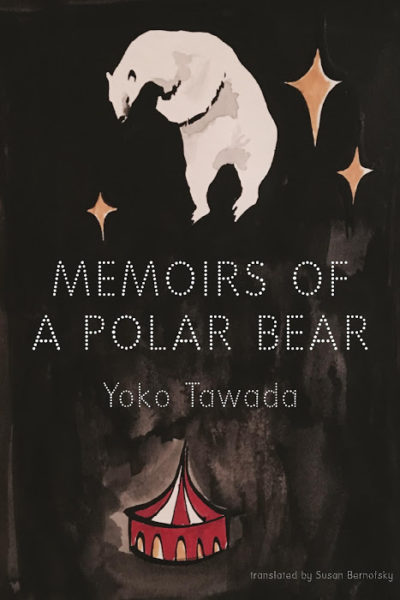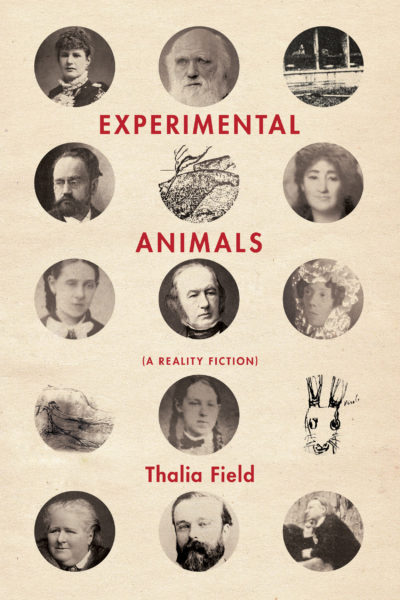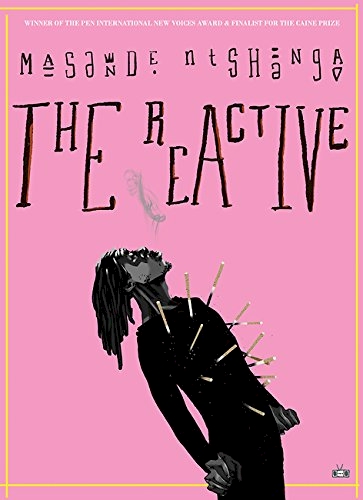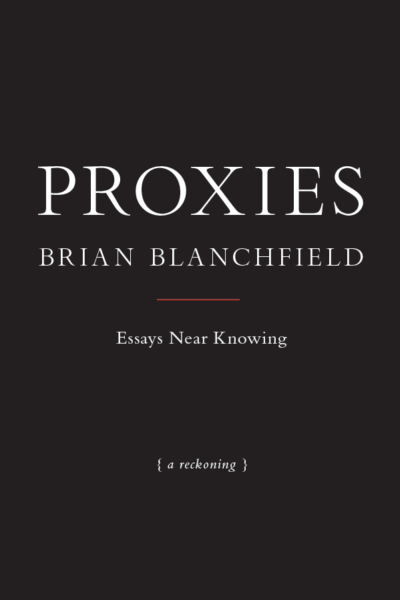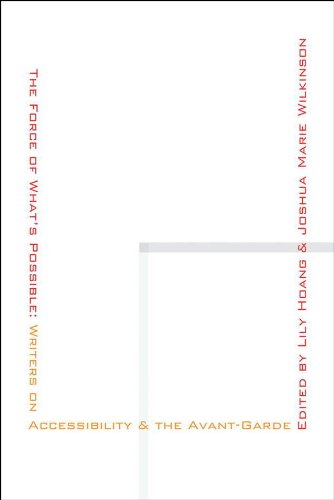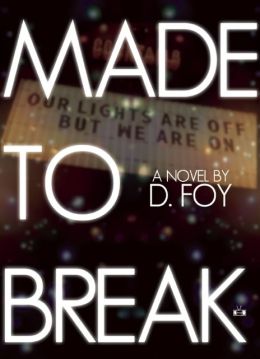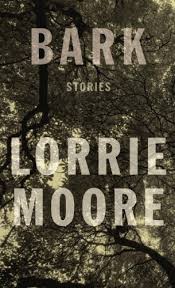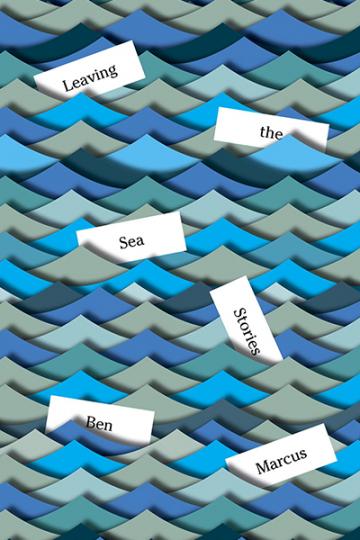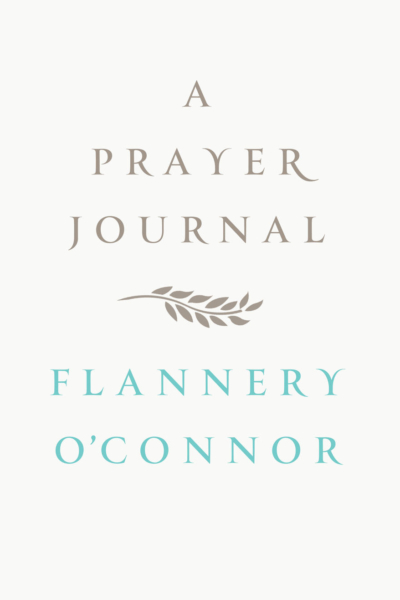Memoirs of a Polar Bear – Yoko Tawada
Tawada opens a space of human-polar bear empathy and solidarity — amusing yet deeply serious.
Experimental Animals: A Reality Fiction – Thalia Field
By subordinating the male voices to a woman speaking to another woman, Field complicates the over-presence of the male voice in the history that Experimental Animals documents.
The Reactive – Masande Ntshanga
He is an HIV-positive person for whom HIV is operating, surely, as a metaphor.
Proxies: Essays Near Knowing – Brian Blanchfield
[Blanchfield] thus recalibrates the Cartesian cogito as a statement of uncertainty that lies at the basis of our being: I mistake, therefore I am.
Holland’s language is dizzying, decadent, erotic.
The Force of What’s Possible – Lily Hoang & Joshua Marie Wilkinson
The avant-garde, in prizing the possible, is always asking about — everything. Possibility and asking: fundamentally, the two intertwine.
I did not read Made to Break: I traversed it; I imbibed it; I rode it, like a wine-dark wave.
It is impossible to know how these stories will read in a decade or in ten, when the closing of Borders and the description of a character “waterboarding himself with a neti pot” may need to be explained in footnotes.
The sequencing of the stories is perfect: Leaving the Sea, in its organic development, teaches the reader how to read it.
A Prayer Journal – Flannery O’Connor
“I would like to write a beautiful prayer,” O’Connor says in one radiant moment, “but I have nothing to do it from.”



